We recently connected with Cindy Skocik and have shared our conversation below.
Cindy, thanks for joining us, excited to have you contributing your stories and insights. We’d love to hear the backstory behind a risk you’ve taken – whether big or small, walk us through what it was like and how it ultimately turned out.
After a long and relatively successful career in business operations and financial management (being a CFO, COO, and the like), I found myself growing restless and unsatisfied. I was weary from almost a decade working in healthcare, in a 24/7/365 highly regulated environment where the way we ran the business could literally mean life or death for patients. I had spent my career building businesses owned by other people – individuals, venture capitalists, private equity firms. I could have stayed on that path all the way to retirement, but deep down I had always wanted to “run my own shop.”
My kids were through college and reasonably launched as young adults, so I had some financial space to take this big new step. I decided to look at franchises, since they can have proven business models, some support from the franchisor, and the ability to be part of a community where I could learn and give back. I also liked the structure a franchise could provide. I compare it to cooking: I’m a really good cook, but I want to base my food on recipes. I’m not as comfortable just improvising based on available ingredients. But give me a good recipe and I’ll turn it into something special of my very own. The same
can be true of franchise business models.
I also knew I wanted to something related to providing a valued service that improved people’s lives. So I explored some service business franchises – things like water damage remediation, residential and commercial painting, construction debris removal, I looked at dozens. Then one day, a business broker called me with a dog training franchise. That really piqued my interest.
I’ve had a lifelong love of dogs, and a lifelong desire to positively impact people. Dog training isn’t curing people’s health issues, but it can certainly improve people’s (and dogs’) lives. I liked the business model and the people running the company, which was critical for me. I had to believe in the mission but also the values, the process, and the quality of what I would be offering.
So I did my homework, took a deep breath, and convinced myself that it was time to walk away from a six-figure salary, health benefits, and all the other things – good and bad – that go along with corporate life. I signed the papers to launch my own dog training business in late 2021, and we opened the doors – or picked up the leash! – in the spring of 2022. Other than buying a house, this was the biggest investment I’d ever made. I was excited and confident about my ability to create a solid business. I was also anxious about going it alone. But that blend of confidence and uncertainty has always been appealing to the entrepreneur in me, and somehow I knew I could make it work. More than a year into this venture, there have been some surprises and stresses, but I’m so happy I took the risk!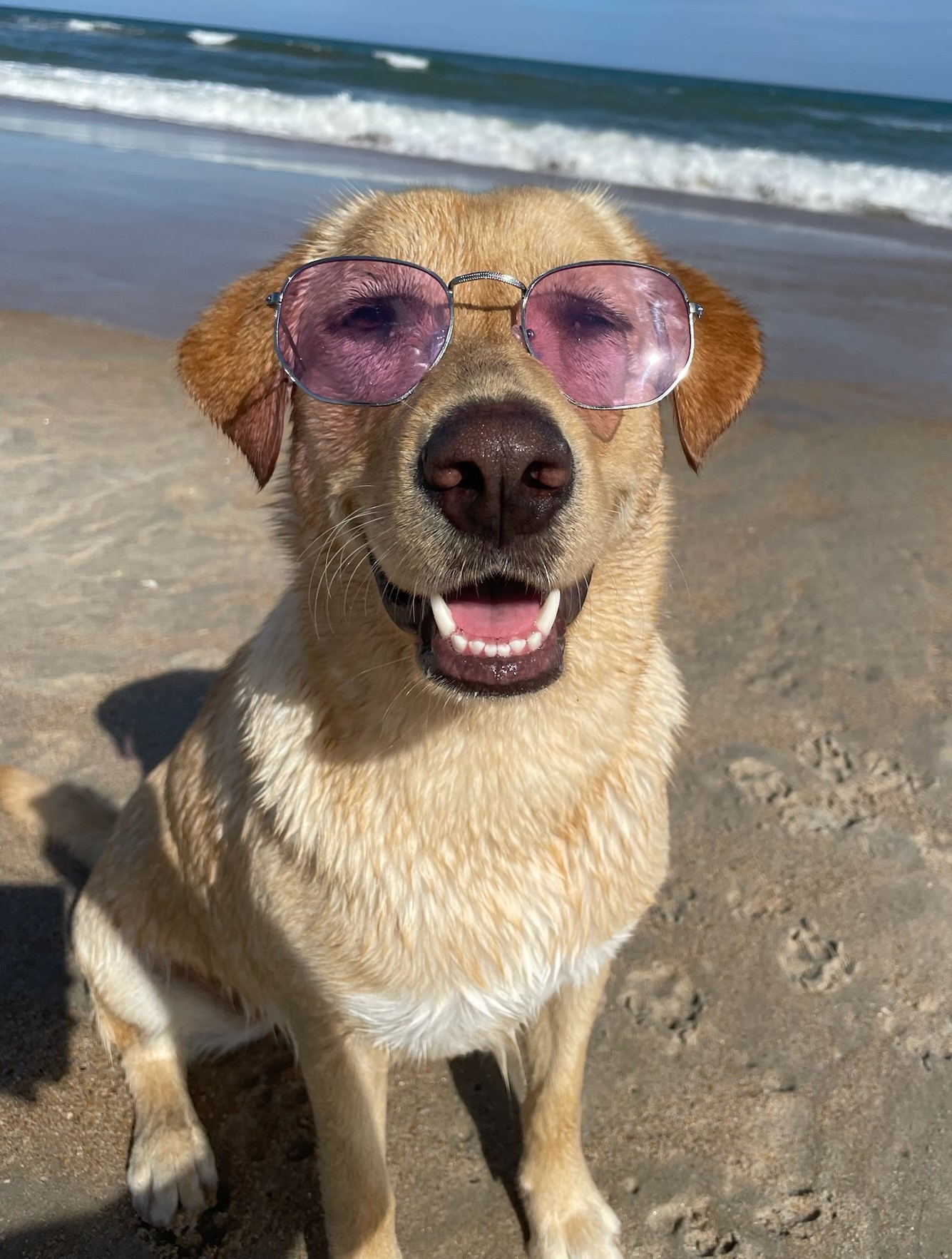
Awesome – so before we get into the rest of our questions, can you briefly introduce yourself to our readers.
After decades of dealing with operational logistics, managing returns on equity, overseeing hospital staffing, and all the complexities of corporate leadership roles, in 2022 I took a major left turn into owning a dog training business. It was a giant change – but I was ready. And I LOVE dogs! I was the kid who would bring home every stray I encountered and cry when my mom wouldn’t let me keep them all. Being of service and helping creatures, human and otherwise, provides great joy and meaning in my life. And I love true competence. Owning a Dog Training Elite (DTE) franchise allows me to “scratch all those itches!”
DTE has been in existence for over 40 years – well over a century when you consider the cumulative years of dog training experience at the corporate headquarters. The folks at DTE know their stuff, and their training methods work. To learn proven methods from those experts was rewarding and reassuring because of my desire to offer the very best to my own clients. It’s critical to me that we provide a quality service, and I am confident we can help our customers and their dogs using what we’ve learned through DTE.
We dog lovers tend to love all dogs, even the ones who aren’t well-mannered! But it’s so much less stressful and more pleasant to live with a well-mannered dog. So I appreciate that we can help people create better relationships with their dogs. Helping pets and their families improve their relationships is a very meaningful way to spend my time and energy.
It quickly became apparent to me that training service dogs was the type of specialized training I really wanted our company to focus on. We’ve helped many people, including military veterans, get their pups certified as psychiatric/PTSD service dogs. Every member of our team LOVES this specialized service dog work! My lead trainer is open about the fact that she has PTSD herself, and several in my own extended family have struggled with mental health issues over the years. I myself also worked for almost nine years in the mental health field. So I have seen firsthand the profound impact a service or therapy dog can have on the life of someone with a mental illness, and it’s humbling and gratifying to help others benefit from this amazing resource.
Here’s just one example: One of the veterans we worked with suffered severe sleep deprivation because of nightmares brought on by PTSD. She would erupt from those nightmares with her heart pounding uncontrollably and adrenalin coursing through her veins. She would often stay awake for hours after one of these episodes, unable – and afraid – to fall back asleep. We taught her dog to interrupt her nightmares, and to do so early in the process, before the vet could get to that place of extreme stress. Now she can easily go back to sleep, with a more peaceful head and heart, instead of lying awake under
stress for several hours.
We taught another pup to help support her person during panic attacks, and the pup’s interventions now help her owner to recover before they fall deep into the panic attack. It’s so very rewarding to know we have a role in easing suffering and helping people live more normal, less stressful lives.
We also work with reactive dogs, whether they are dog- or human-reactive. I’m personally too risk-averse (or maybe too much of a chicken!) for that particular work, but our lead trainer loves helping reactive dogs. In fact, she says aggressive dogs are her favorite breed! We’ve had calls from people who were desperately trying to avoid having to give up, or heaven forbid euthanize, their beloved pets because of reactivity or aggression. We can’t always help these pets, but we have made a difference for many. We’ve helped owners and dogs learn to manage the dog’s reactivity, which reduces risk and stress on
both the dogs and the owners.
Another reason I love what I do is that I get to say how we operate, who we work with, and how we work. I’m a very ethical, compassionate person and I expect my team members to embrace those same values. To know that we can call the shots ethically is very satisfying. That might mean telling an owner they have unrealistic expectations for their dog. Sometimes it involves telling them that they – the humans – aren’t doing their part to help their dog be obedient. It can even mean refusing to work with someone who has no psychiatric disability but just wants a “service dog” so they can take them places. I’m grateful to be able to make those ethical decisions for myself and my company – and ultimately, for the benefit of our customers and their pets.
I also love that I can live my commitment to compassion regularly, particularly with folks who have or need a service dog. As an example, I had a long initial conversation with someone who needed a psychiatric service dog. I didn’t mind how long we were on the phone, because I knew this person needed compassion, support, and accurate information. A week or so later, that person spoke to someone else on my team and told them how grateful she was for the conversation she’d had with “a
very kind, very helpful” person – me! That made my day! People who contact us, and especially service dog folks, often have lots of challenges in life. If my team members and I can extend kindness and understanding to them, that helps makes all our work even more worthwhile.
I feel really fortunate and blessed to have found this calling, for all these reasons. Can you tell I love what I do?!?!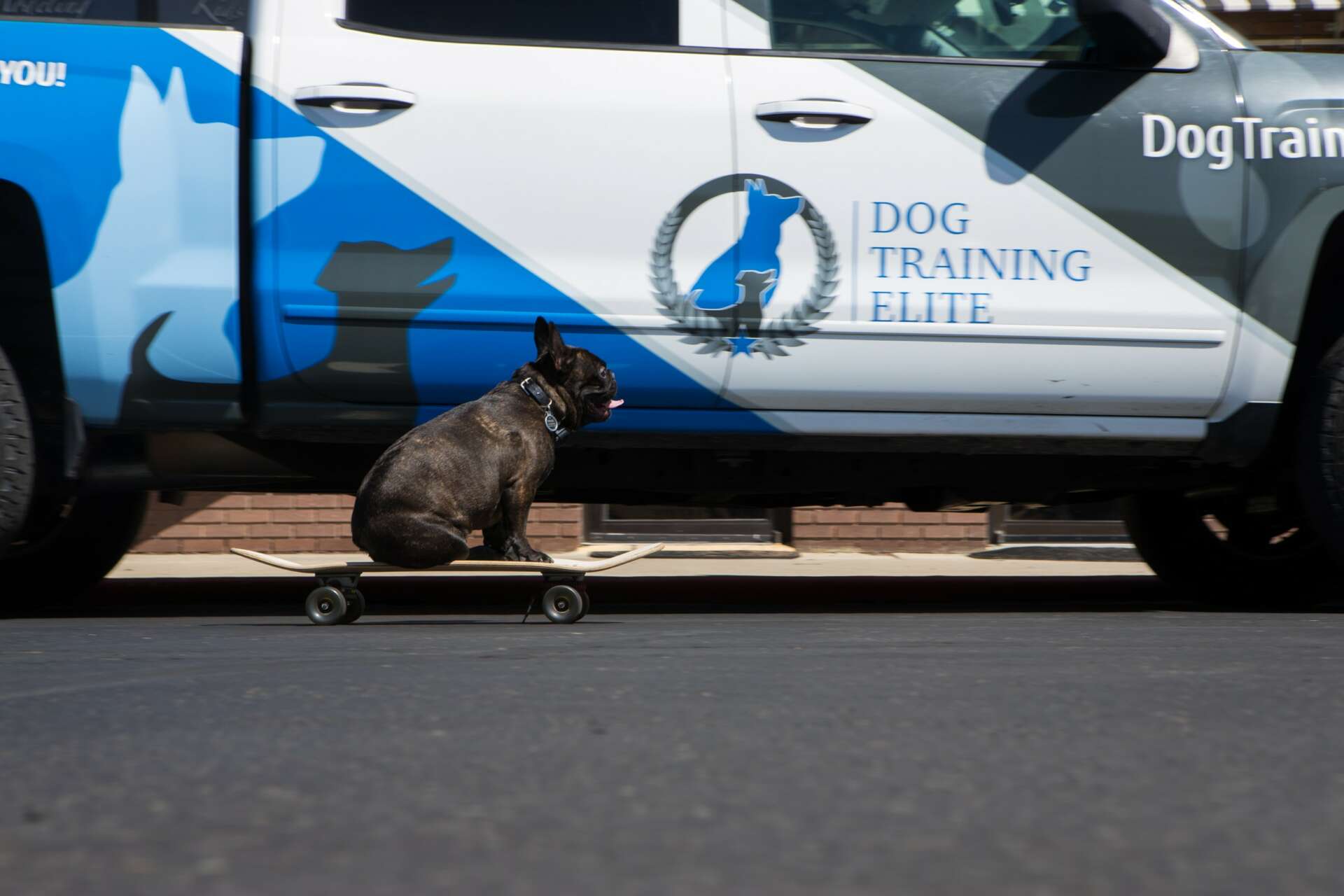
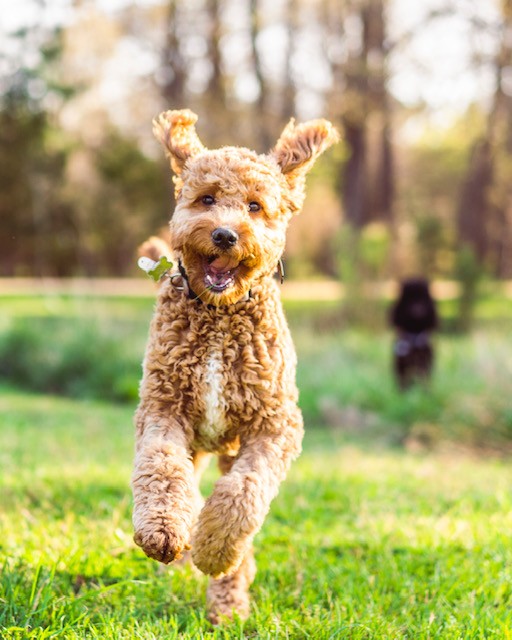
Learning and unlearning are both critical parts of growth – can you share a story of a time when you had to unlearn a lesson?
I grew up in a family where 3 of my 4 grandparents, and several of my aunts and uncles, were born in eastern Europe (Poland and Slovakia). They were uneducated peasants, farmers and coal miners who made their way to America for a better life. They worked extremely hard at exhausting blue collar jobs (dishwashers, coal miners, etc.) They were humble and hardworking folks, and the women were really strong people and powerful presences in the family. The men tended to be dismissive of the women’s contributions to keeping the families intact, fed, and sheltered, as was common for that era (early 1900’s).
My ancestors did not have a way to pursue education to improve their economic standing, so education was viewed as an unobtainable luxury, entirely outside the possibilities of their lives. Even my beloved dad, who had a high school education and worked his tail off building a small and successful business, thought that “girls don’t need college”. I was viewed as one of the smartest people in our extended family; my high school guidance counselor suggested I apply to the University of Pennsylvania and she was certain I would get a scholarship, but I had drunk the family Kool Aid about women and education so I did what was expected – graduated from high school and got a job. Making $2.50 an hour. (I’m probably also showing my age here!)
After 4 years of this meaningless work, I felt like my brain was rotting inside my head. I knew I needed to do something different and unlearn my family’s unconscious prejudice about women’s educations and roles in life. I applied to a local state college, was accepted, and enrolled while I continued to work to support myself and pay for my then-very-cheap tuition.
I started college at 24, when most people have graduated and launched themselves, commuted 2 hours a day to college, worked virtually full time, and graduated in 3 years with a degree in accounting. I graduated summa cum laude (4.0 GPA overall) because, besides being fairly smart, I am determined and just plain stubborn! My dad was so very proud of my accomplishment and changed his perspective about women’s educations and career possibilities. He was one of my biggest fans.
I look back at my ancestors and am so respectful of and grateful to the strong women in my family tree. They were uneducated and some could barely speak English, but they had iron in their spines and brains in their heads. I hope they would be proud to see what their granddaughter has accomplished in her life. I’m proud to be descended from them.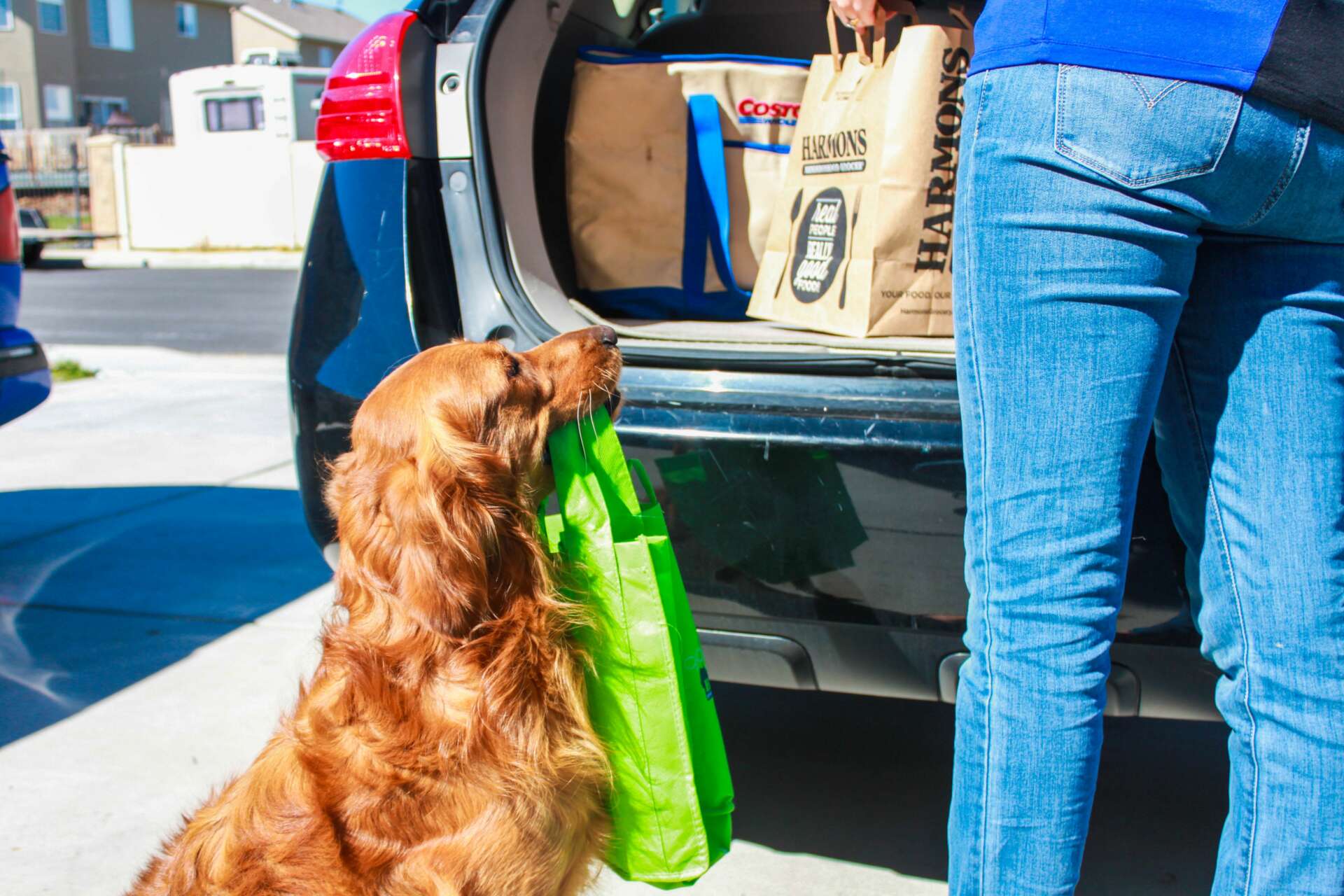
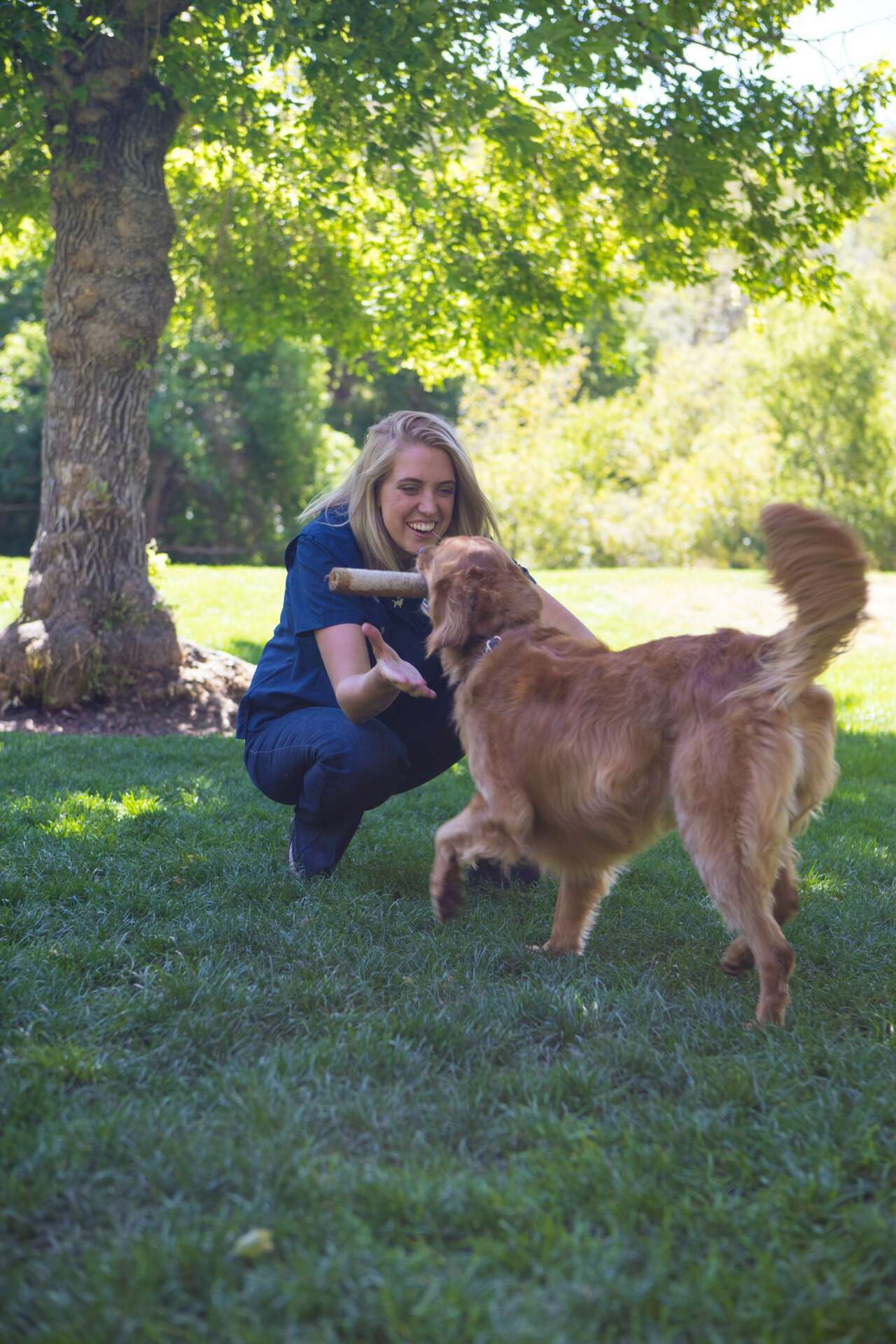
Training and knowledge matter of course, but beyond that what do you think matters most in terms of succeeding in your field?
I firmly believe that respecting and appreciating people, regardless of their role in life and their capabilities, has made a significant difference in my success. I learned this perspective watching my parents approach to people and life, and I adopted it unconsciously early in my own life.
While not earthshaking, an early career light bulb moment for me came 2 years after college. As a young staff member at Price Waterhouse (now PwC), I had just transferred to the Washington DC office and amazed people by my ability to work with one especially cantankerous employee – Mike, the guy who maintained the file room back when all the audit files were still paper.
Mike was notorious for not being cooperative and being an absolute stickler for following process. The files were like the company jewels, and he took his work seriously – as he should have. But few people acknowledged him as a competent human with an important role as keeper of the company jewels. I basically knew no other way to interact with a human other than respectfully, so I somewhat naively approached him with my request and, while waiting for him to retrieve the files I needed, spoke to him about his work and his life. I had no idea it was a rarity for people to truly see him as a person and professional. I also had no idea how beneficial it was for Mike to like you and want to make sure your needs were met promptly. My mutually respectful relationship with Mike solved a few critical issues during audit busy season, and people remarked about it. “How come Mike cooperates with you?” It was then I connected the dots – treating everyone with respect, consideration and compassion is both the right thing to do and also can have significant benefits in business.
I’ve tried to always follow that approach. We’re all humans with our own strengths, weaknesses, joys , and sorrows, trying to make a meaningful life. Respect and compassion can be balms to our hearts and minds, and can also be lubricants in business. People want to work with folks who treat them compassionately. And it’s the right way for me to live my life.
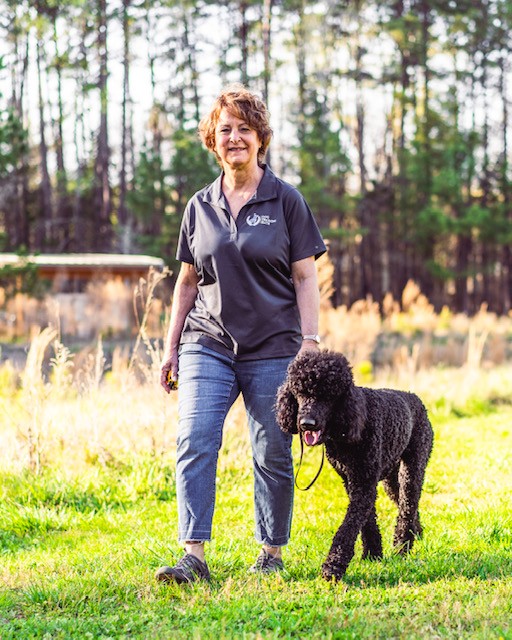
Contact Info:
- Website: www.dogtrainingelite.com/durham
- Instagram: https://www.instagram.com/dogtrainingelitedurham/
Image Credits
Burton Creative Dog Training Elite


